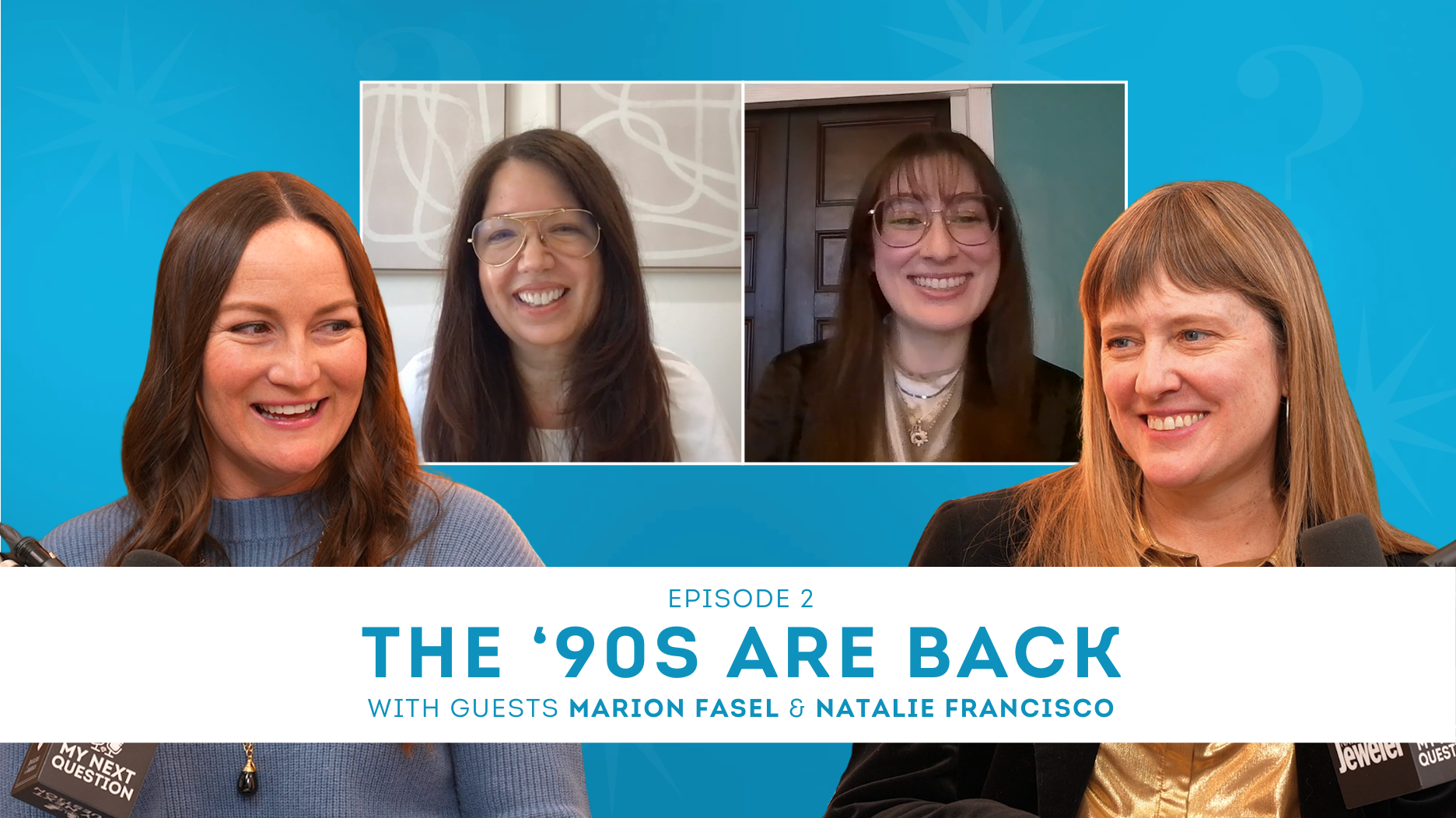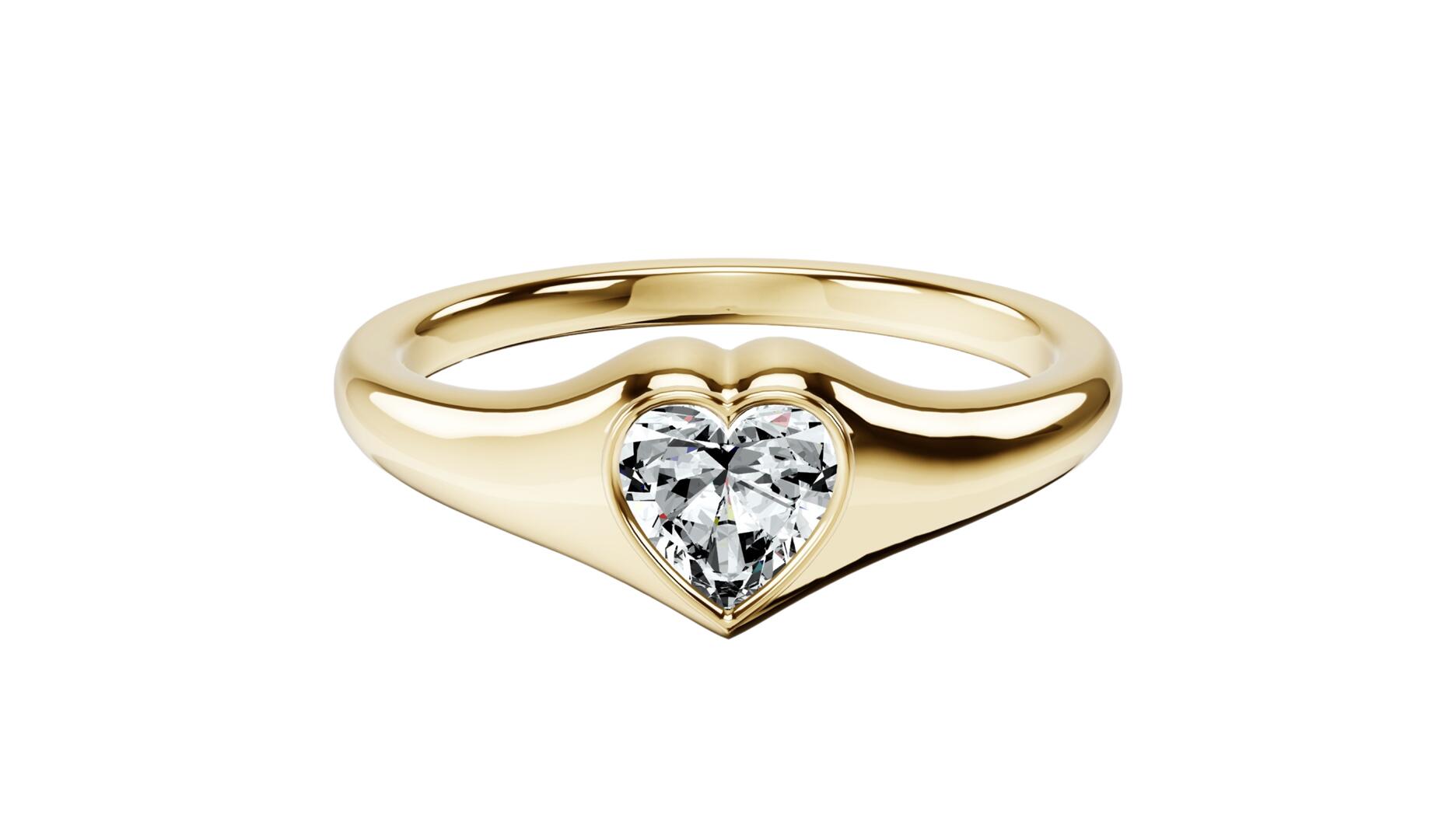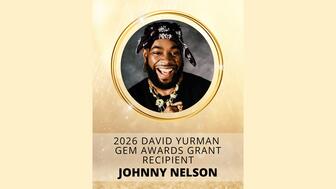Nelson will be honored as the inaugural grant winner at the Gem Awards gala on March 13.
Are Consumers Emotionally Connected to Luxury Brands?
Not nearly as much as they are to Amazon, Disney and Netflix, one recent study shows.

New York—When it comes to emotionally connecting with consumers, luxury brands aren’t doing as well as other goods and services competing for their dollars, one recent study shows.
But there’s a silver lining: watches and jewelry did better in the category than other luxury products.
In MBLM’s Brand Intimacy Study 2019, the luxury industry dropped one spot from 2018, ranking 14th out of the 15 industries studied.
A New York-based marketing agency, MBLM defines “brand intimacy” as the emotional science measuring the bonds formed with brands used and loved.
The firm examines users of a brand, gauging their emotional connections and the characteristics of their bond to create a Brand Intimacy Quotient, a score each brand receives to indicate its performance.
The 2019 study analyzed 6,200 consumer responses and 56,000 brand evaluations across 15 industries in the United States, Mexico and United Arab Emirates.
Interestingly, the firm found that its top “intimate” brands in the U.S. significantly outperformed the top brands in the Fortune 500 and S&P indices in both revenue and profit over the past 10 years, drawing a correlation between consumer emotion and returns.
It’s also worth noting that within the luxury category, which analyzed 12 brands total, watches and jewelry reigned.
Rolex was tops among luxury brands in emotionally connecting with consumers, followed by Cartier and Tiffany & Co.
Rolex ranked No. 1 among men, users over 35, and those with incomes of $100,000 or more, while Tiffany was the No. 1 brand for users with incomes under $100,000.
MBLM also noted that “indulgence,” relating to moments of pampering and gratification, was the most prominent archetype in the category, and Tiffany was the top-performing luxury brand for indulgence.
The remaining top 10 luxury brands were: Chanel, Jaguar, Louis Vuitton, Gucci, Prada, Land Rover and Burberry.
Solving the Luxury Puzzle
Overall, the luxury category didn’t fare so well.
Luxury had an average Brand Intimacy Quotient of 18.7, well below the cross-industry average of 31.0, MBLM said. (Of note: Rolex had 31.1, while Cartier and Tiffany both had scores of 27.)
“Luxury fell in our 2019 rankings, which continues to be a surprising finding because of the prestige and value of these time-honored brands,” Managing Partner Mario Natarelli said.
“We believe that the brands in this industry will strongly benefit from shifting their focus and appealing to consumers’ emotions more.”
Calling the category a “curious puzzle,” MBLM dove into the dichotomy between
“Luxury Brands: High Costs, Low Connections” offers a few insights, including this: Since luxury brands are unique, they go against traditional marketing tactics, “creating a rarefied presence, and this further isolates them,” it says.
Their lack of connection to consumers could also be due to the economy and a cultural orientation toward brands that are more affordable.
Still, MBLM added that while the number of “intimate” luxury users seems to be decreasing, those that do feel a strong emotional connection to a brand tend to turn to them more frequently and are willing to pay more.
To compete in a shrinking market, it suggests brands think about the emotional connections they’re forming as much as their products.
Showing the Most Emotion
So, what was the top-performing industry in terms of consumer connection?
Media and entertainment received the best score for the second year in a row.
Disney ranked No. 1 in the industry and in the overall study, followed by Amazon Prime and Netflix.
MBLM attributed this to consumers’ “need to escape reality, consume content on demand and lose (themselves) in stories.”
Retail was also included in the study.
This year, it came in at No. 4, slipping one spot from its 2018 position and falling behind automotive at No. 2, and technology and communications at No. 3.
Amazon led the retail industry again this year, ranking first and taking second as well with its Whole Foods brand.
Other top-ranking retailers were Target, Costco, Walmart and Macy’s.
Editor’s note: This story was updated post-publication to reflect that 12 brands were analyzed in the luxury category.
The Latest
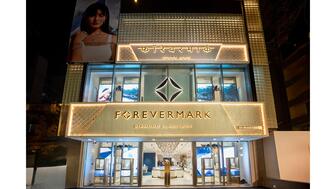
Experts from India weigh in the politics, policies, and market dynamics for diamantaires to monitor in 2026 and beyond.

The American precious metals refiner’s day-to-day operations remain the same post-acquisition.

Every jeweler faces the same challenge: helping customers protect what they love. Here’s the solution designed for today’s jewelry business.
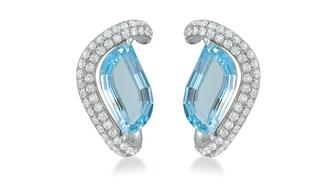
These aquamarine jewels channel the calming energy of the March birthstone.

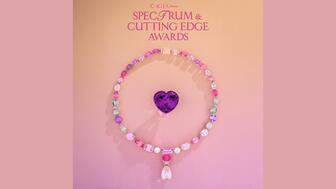
The “Innovative Design” category and award will debut in the Spectrum division of this year’s AGTA Spectrum & Cutting Edge Awards.
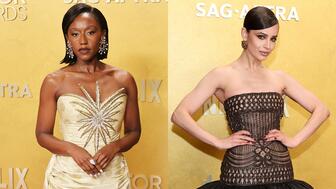
Diamond jewelry was the star of the event formerly known as the SAG Awards.

With refreshed branding, a new website, updated courses, and a pathway for growth, DCA is dedicated to supporting retail staff development.
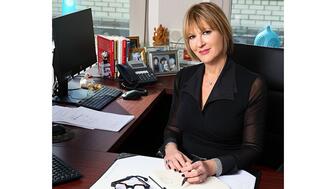
Foerster is this year’s Stanley Schechter Award recipient.

Sponsorships and tickets to the annual fundraising event, set for May 31, are available now.

Chicago police and members of the U.S. Marshals Service tracked down the 35-year-old suspect earlier this week in St. Louis.

Owners of the Ekapa Mine reportedly filed for liquidation about a week after a mudslide trapped five workers who have yet to be found.
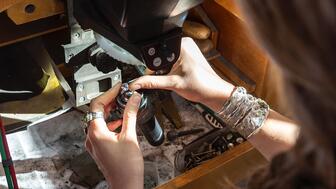
A 10-year alliance has also begun to address the shortage of bench jewelers through scholarships, enhanced programs, and updated equipment.
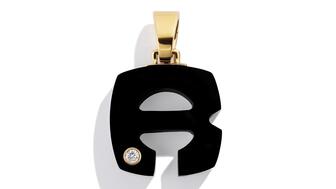
The “Splendente” collection has evolved to feature hardstone letter pendants, including our Piece of the Week, the onyx “R.”
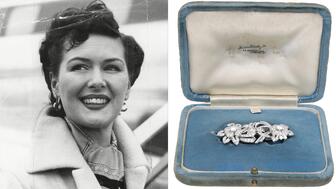
The jewelry collection belonged to “one of society's most glamorous and beautiful women of the mid-20th century,” said the auction house.

The update came as Anglo took its third write-down on the diamond miner and marketer, which lost more than $500 million in 2025.
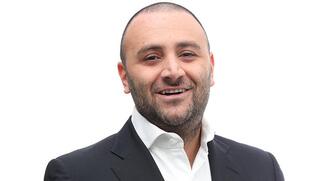
Emmanuel Raheb discusses the rise of “GEO” and the importance of having well-written, quality content on your website.
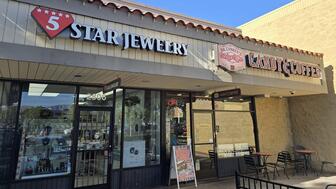
Each received around four years for burglarizing a jewelry store and a coffee shop in Simi Valley, California, last May.
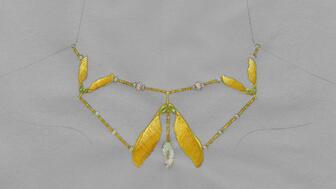
Catherine Aulick, a GIA graduate, received the ninth and final Gianmaria Buccellati Foundation Award for Excellence in Jewelry Design.
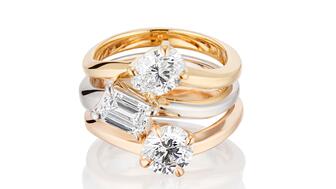
We asked a jewelry historian, designer, bridal director, and wedding expert what’s trending in engagement rings. Here’s what they said.
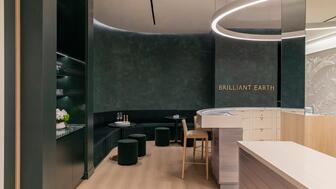
Beth Gerstein discusses the vibe of the new store, what customers want when fine jewelry shopping today, and the details of “Date Night.”

Are arm bands poised to make a comeback? Has red-carpet jewelry become boring? Find out on the second episode of the “My Next Question” podcast.
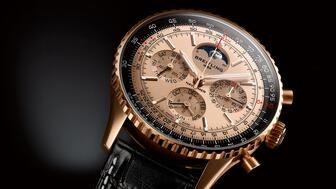
The Swiss watchmaker is battling declining sales amid a rapid retail expansion, according to a Financial Times report.
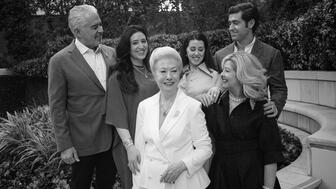
The campaign celebrates Giustina Pavanello Rahaminov, the co-founder’s wife and matriarch of the family-owned brand, for her 88th birthday.

Rachel Bennett, a senior jeweler who has been with Borsheims since 2004, earned the award.

After the Supreme Court struck down the IEEPA tariffs, President Trump imposed a 10 percent tax on almost all imports via a different law.

The industry veteran, who was with The Edge Retail Academy for 14 years, joins her husband at the company he founded in 2022.











